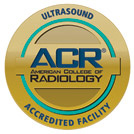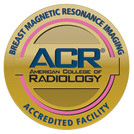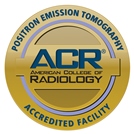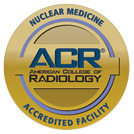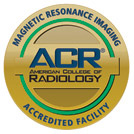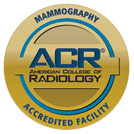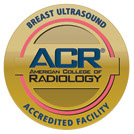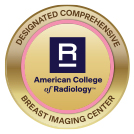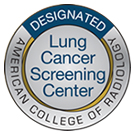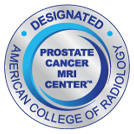
Why Does This Occur?
Lymph nodes are immune system glands that fight off infection. When a foreign substance enters the body, lymphadenopathy or swollen lymph nodes can result. In fact, swollen lymph nodes are considered a common reaction or side effect to any vaccine, including the flu vaccine, the HPV vaccine and the shingles vaccine.
The COVID-19 vaccine is highly effective in promoting an immune response. It’s this immune response to the vaccine that causes a reaction, resulting in some people experiencing lymph node swelling.
Swollen lymph nodes may appear a few days after injection. The swelling can take anywhere from a few days to weeks to go away and occurs on the same side of the body where the patient received the vaccine.
Not every patient experiences the same degree of swelling. Research from the Society of Breast Imaging found that patients have a higher likelihood of experiencing this side effect after receiving their second Moderna COVID-19 vaccine. Approximately 16 percent of patients had swelling and tenderness after their second Moderna dose.
Why Are Swollen Lymph Nodes Concerning?
A swollen or enlarged lymph node identified during a mammogram can be a sign of breast cancer or lymphoma. Yet when a patient does not have a history of cancer, it’s rare that finding a single, swollen lymph node will lead to this diagnosis.
With breast cancer, the lymph nodes near the armpits may be swollen, which can further indicate the condition has started to spread beyond the breast tissue.
This progression follows the drainage of the breast tissue’s lymph fluids. When this result occurs, additional testing is required to confirm or rule out a breast cancer diagnosis.
Regardless of whether a patient has received a COVID-19 vaccine, swollen lymph nodes can be concerning. Swollen lymph nodes under the arm or around the chest can also point to other conditions, including:
- The flu or common cold
- Sinus infection
- Mononucleosis
- Strep throat
- Rheumatoid arthritis
- Lupus or another autoimmune disease
Healthcare Response
As more patients receive the COVID-19 vaccine, healthcare providers and imaging centers are taking potential lymph node swelling into account.
Following guidelines from the Society of Breast Imaging (SBI), patients should expect to be asked questions about their COVID-19 vaccination status prior to having their mammogram performed, including the number of doses received and in which arm.
In terms of scheduling and eliminating unnecessary biopsies, the SBI further recommends:
- For Screening Mammography: Patients should schedule their mammogram before their first dose or wait four to six weeks after receiving their complete vaccination dose. If this timeline is not possible, patients should continue to attend all recommended appointments and be prepared to provide information about their recent vaccine before a mammogram.
- For Diagnostic Mammograms: If a patient displays symptoms of breast cancer, a diagnostic mammogram should not be delayed. These patients should also update the radiologist about any recent COVID-19 vaccinations.
If mammogram results identify swollen lymph nodes following a COVID-19 vaccination, patients should prepare for a follow-up screening.
If you’re scheduled for a mammogram after receiving a vaccine, understand what to expect from your appointment by reviewing our new guidelines. To schedule a screening or diagnostic mammogram, contact Midstate Radiology Associates to make an appointment today.

